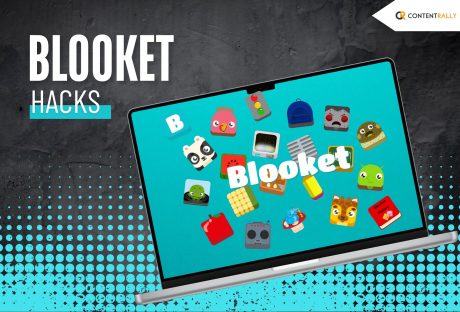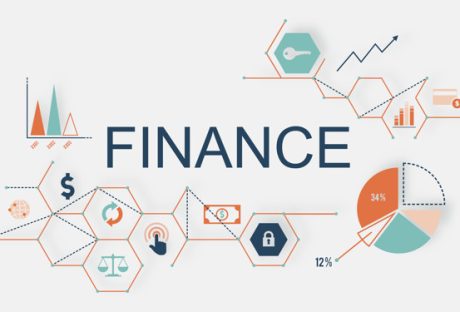Learning is a key trait of human beings. But for some, practicing this human experience is cumbersome.
From the school stage to university standard, we all are accustomed to the process of learning. But most of us rely on the important information that is necessary to get good grades or enhance our career.
Frankly, getting good grades does not relate to individual learning and development. To some extent, it can help you stay in the loop, but if you are slow learning, you will find it difficult to follow.
Brain development is a customized approach that can deal with flexibility and newness. The daily boring study process is not enough to deal with brain development. Instead, you need to dig into the ingenious ways of learning and development.
The human brain is the most critical part of the whole body. The tricky concept of it is like newness! So, a conventional method does not produce something exceptional, especially when a person’s brain is slow.
If you are a slow learner, don’t worry! We have got you covered this time!
It’s time to build your memory and learning capacity!
Best Ways To Sharpen Your Brain Functions
Learning and development are the common choices of humans, and if you are poor in them, you need to find ways to accelerate them.
However, you are not alone in this mess! Many people are suffering from slow brain activities. Well, you cannot change the formation of your brain structure, but you can excel in the development of your brain with proper training.
However, we are already accustomed to a particular process of learning. In different ways, we do not have much time to do something extra in our lives. Well, this is the modern world approach which is making our life boring!
People filled with frustration try to commit suicide to get out of everything at once. Well, this is the worst scenario, while most of us with a slow brain work on boring steps without any prior changes in lifestyle and learning.
But brain development through appropriate activities is a must! Using your brain in the fast-paced world is crucial to deal with all the dilemmas in life.
Here we go!
Concentrate On One Task At A Time
Multitasking is an excellent option to maximize your productivity!
Do you agree with this statement?
Well, most of us find it to be a positive way to excel in productivity and ensure completing tasks. However, this conventional process is not a better choice for learning. Learning and development need attention and focus.
Your concentration needs to adhere to the activity you are doing.
Well, multitasking, in this modern world, can be fruitful in several conditions, but in the long run, it affects our brains in negative ways. While you are on a multitasking approach, your concentration may work in diverse ways. This is not a good step for brain development.
Slow brain functioning may also occur with these steps!
So, it’s better to concentrate on one aspect at a time to engage more attention and let your brain function to its highest potential.
Play Connect 4 Online
Online learning and development is a common approach for students these days. But no matter your age, if you try to connect 4 online, it can help you deal with slow brain activities.
Gaming is a must-try approach to dealing with the boredom of life. But we need to choose our games wisely so that they can affect our brains in positive ways.
This is where the inspiring and easy-to-learn connected game can deal with slow brain problems. The best part is that you can play with your friends and family members from anywhere. So it does not take much effort to work on it. It just allows your brain to work much while you are fully chilling!
This fun online gaming activity can be your best solution to deal with-
- Boringness
- Enjoy with family and friends
- Strengthen your brain’s working process
So, why not try it for a few days and see how it affects your brain function?
Ask Questions At The Right Time
If you do not ask right at the moment when your mind arouses the question, it may affect your brain in negative ways.
How?
Well, while your brain is functioning to the fullest, you need to appreciate it and help it learn more. To reduce your slow learning approach, you have to deal with proper questions and inquiries.
No matter where you are, if you are confused, ask for it! The more you deal with this on-time approach, the better your brain will learn and function.
Look For Intuitive Ways To Understand Concepts
While working on a new concept, you need to understand it completely without any confusion. Complete learning is the only solution to excel in life. Your brain is always ready to take more, but it will be your choice whether to work on it or not.
Don’t ever let your brain find laziness!
Some intuitive approaches, like visual representation or practical application, can strengthen your understanding. Do not stop until it’s fully understood!
Take Regular Breaks
A break might seem like a waste of time during a project! But do you know that a small nap or break can heal your brain in positive ways?
It’s not like taking a long break, but while working on a particular process, small breaks can help your brain refresh and work better.
Break Down Bigs Into Smalls
Our mind works in different ways than we think. It should not feel like you are overburdening it!
So, whenever you need to work on something big, try to break down your task into small projects.
Try to achieve those small tasks and celebrate them from the inside to refresh your mind. It’s an inspiration to work more, and thus, your brain will function better automatically!
Test Yourself Regularly
Consistency is the key to dealing with brain functions!
If you think that you can do things better, try to test your regularity. This is the only way to help your brain get advanced. The more it works, the sharper it gets!
Down the line, we all have to work hard and go for a bright future!
So, what are you up to?
Read Also:
- How To Foster A Growth Mindset For Continuous Learning And Improvement
- 4 Lessons Content Marketers Can Learn from E-learning Courses
- 5 Advantages of Online Learning in Germany

























